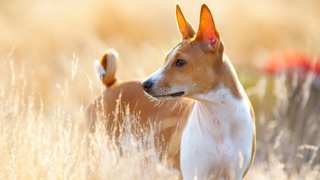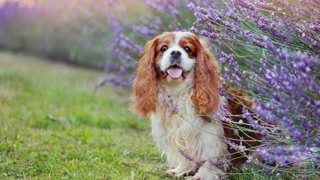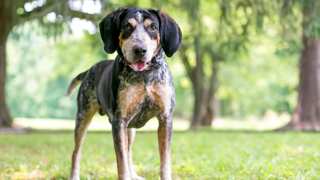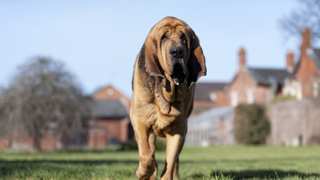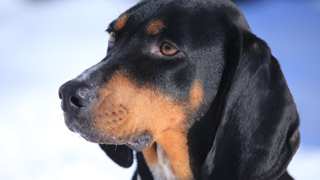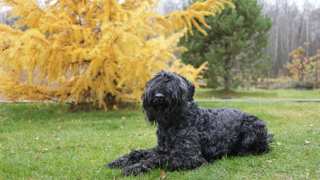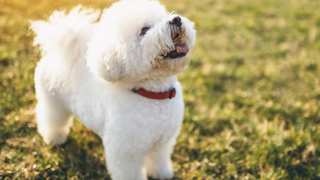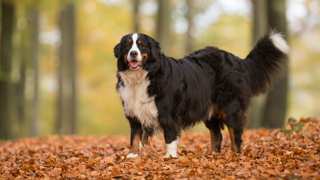The Japanese Chin-Labrador Retriever diet will need to include animal proteins, healthy carbs, vitamins, minerals, and omega fatty acids--nutrients every dog needs to maintain its health in the long term. This means the best Chin-Lab food is premium dry kibble, as it has balanced portions of the above-listed ingredients.
Royal Canin, Blue Buffalo, and Taste of the Wild are recommended brands that carry excellent lines of premium dry food.
Adult Chin-Labs, depending on their size, age, and activity levels, will need about 2½ cups of dry food per day, divided into two meals. Chin-Lab puppies will need a bit less: again depending on age, about 1¾ cups per day, divided into three meals (not two) until six months of age.
For more info on feeding a Chin-Lab from puppyhood through maturity, see the following chart:
Dog AgeDog WeightFood TypeAmountFrequency2 Months7 lbsDry (Puppy formula)0.25 cups3x/day3 Months12 lbsDry0.33 cups3x/day6 Months25 lbsDry0.6 cups3x/day9 Months33 lbsDry* (Puppy/Adult)1 cup2x/day12 Months+40 lbsDry (Adult formula)1.25 cups2x/day*--Around this time, transition to adult food by mixing in adult formula with the puppy formula, in slowly increasing amounts with each meal, for one week.
Try if possible to stick to the above-listed portions. If these hybrids are constantly overfed (and under-exercised), they can become overweight--and a fat Japanese Chin-Labrador Retriever will have numerous health problems and a potentially shortened lifespan. You can help control your Chin-Lab's weight by having consistent feeding and exercise schedules, by not feeding the dog table scraps, and by not leaving food in the dog's bowl all the time.
If you're worried your Chin-Lab is overweight, try this simple test: run a hand along the dog's side, and if you can't feel any ribs, it's diet time--which means less food and more exercise!

